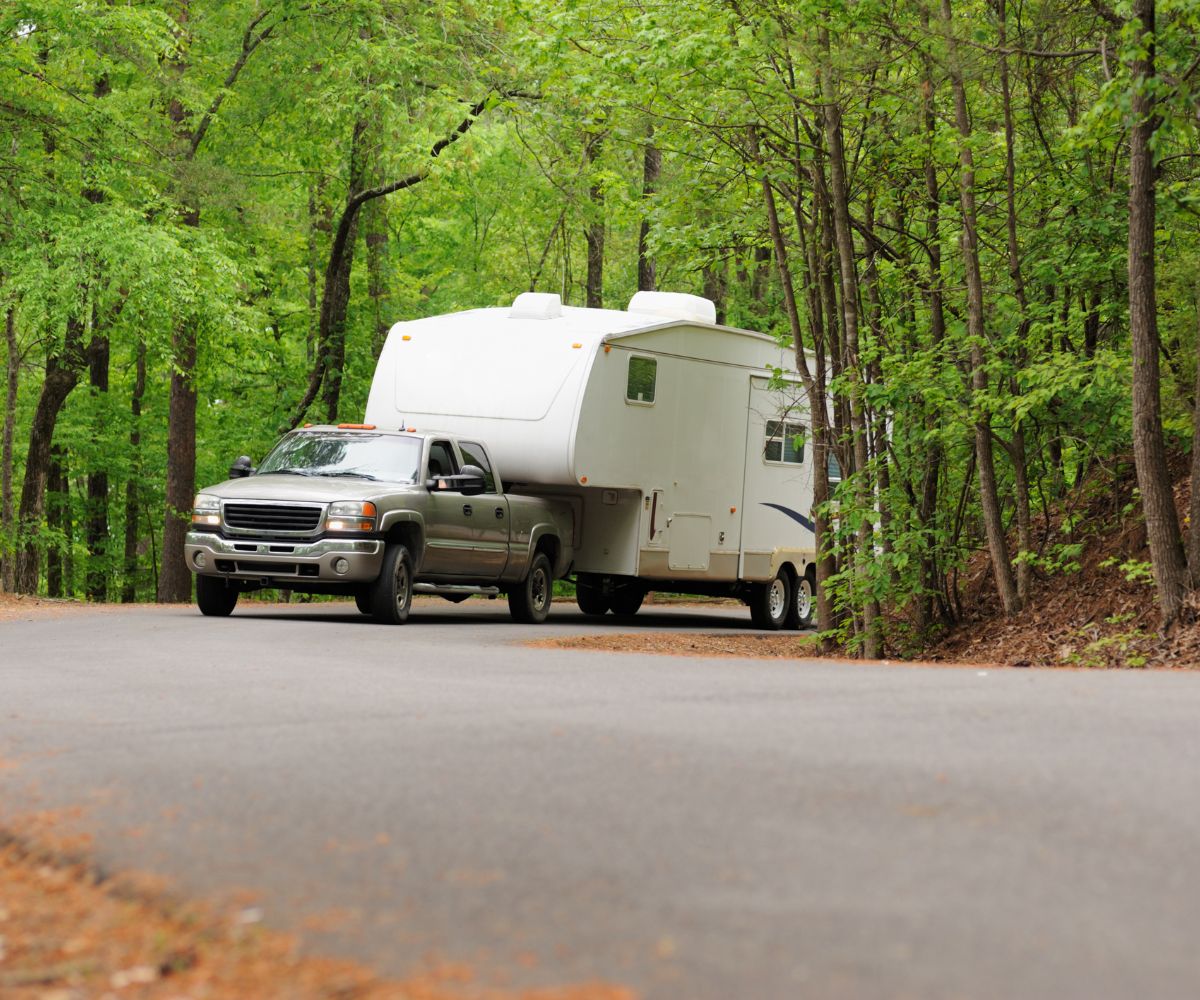When it comes to trailers, whether you use them for work or play, having the right insurance coverage is essential. Trailer insurance provides protection for your investment against a range of potential risks, from accidents on the road to theft and vandalism. In this article, we will explore various insurance options available for trailers to help you make an informed decision about safeguarding your valuable hauling equipment.
-
Trailer Liability Insurance
Trailer liability insurance is a fundamental type of coverage that provides financial protection in case your trailer causes injury to someone or damages their property. It typically includes:
Bodily Injury Liability: This covers medical expenses, lost wages, and legal fees if your trailer causes injury to someone while attached to your vehicle.
Property Damage Liability: If your trailer damages another person’s property, such as their vehicle or a building, this aspect of the coverage will take care of the repair or replacement costs.
Trailer liability insurance is often required by law, depending on your state and the size and type of trailer you own. It’s crucial to check your local regulations to ensure compliance.
-
Comprehensive Trailer Insurance
Comprehensive trailer insurance, also known as “full coverage,” provides protection for your trailer against a wide range of risks, including theft, vandalism, natural disasters, and accidents. This coverage is highly recommended if you have a valuable trailer that you want to protect comprehensively.
Key components of comprehensive trailer insurance include:
Collision Coverage: This covers the cost of repairs or replacement if your trailer is damaged in a collision, regardless of who is at fault.
Comprehensive Coverage: Protects your trailer from non-collision-related damage, such as theft, fire, vandalism, falling objects, and natural disasters like floods or storms.
Uninsured/Underinsured Motorist Coverage: In the event that your trailer is damaged by an uninsured or underinsured driver, this coverage ensures you’re compensated.
-
Cargo Insurance
Cargo insurance is particularly important if your trailer is used for transporting valuable goods. This type of insurance covers the contents of your trailer in case of damage, theft, or loss during transit. Cargo insurance provides peace of mind for businesses and individuals who haul valuable merchandise or equipment.
Cargo insurance options include:
Inland Marine Insurance: This coverage protects cargo while it’s in transit. It can cover a wide range of cargo types and is especially suitable for businesses involved in shipping and hauling.
Refrigeration Breakdown Coverage: If you transport perishable goods, this specialized coverage can compensate you for losses incurred due to refrigeration equipment failure.
-
Trailer Physical Damage Insurance
Trailer physical damage insurance is designed to cover repair or replacement costs if your trailer is damaged in an accident, fire, theft, or other covered events. This insurance can be particularly valuable if your trailer is an expensive or specialized model.
Components of trailer physical damage insurance include:
Collision Coverage: Similar to comprehensive coverage, this aspect pays for damage caused by collisions with other vehicles or objects.
Specified Perils Coverage: Covers specific named perils, such as fire, theft, vandalism, and certain natural disasters.
- Accessory Coverage
Many trailers come equipped with additional accessories, such as toolboxes, winches, or specialty ramps. Accessory coverage can be added to your trailer insurance policy to protect these valuable add-ons. Make sure to provide a detailed list of accessories when obtaining quotes to ensure proper coverage.
-
Trailer Rental Insurance
If you occasionally rent a trailer for hauling purposes, you might want to consider trailer rental insurance. This type of coverage provides protection when you’re using a rented trailer. It typically includes liability coverage and may offer additional options like cargo insurance for the contents you’re transporting.
If you own a trailer that you rent out, you should consider obtaining insurance to protect your trailer on rent. The majority of auto insurance policies do not cover physical harm to the trailer itself. Consequently, liability insurance does not protect against harm to you or your possessions. Instead, it exists to assist you in paying expenses in the event that you are held accountable for someone else’s property damage or bodily injury. You must carefully study the small print before acquiring collision and comprehensive insurance to be certain of your financial obligations.
Another solution would be to utilize a third party trailer rental platform such as Neighbors Trailer that offers trailer rental insurance for nearly every type of trailer. This would allow you to pay nothing for insurance costs and remain covered while your trailer is on rent.
-
Umbrella Insurance
Umbrella insurance is an extra layer of protection that goes beyond the limits of your existing trailer insurance. If you have multiple valuable assets, including your trailer, an umbrella policy can provide additional coverage in case of a catastrophic event or a lawsuit that exceeds your primary insurance limits.
Conclusion
Investing in the right insurance coverage for your trailer is a smart decision that can save you from significant financial losses and provide peace of mind. The specific insurance options you need will depend on various factors, including the type of trailer, its usage, and the value of the cargo you transport. To ensure you have the most suitable coverage, consult with an insurance professional who can help you tailor a policy to your specific needs. Remember that maintaining adequate trailer insurance is not just a smart financial move but also a legal requirement in many jurisdictions. So, protect your hauling investment and stay compliant with local laws by securing the right trailer insurance today.

